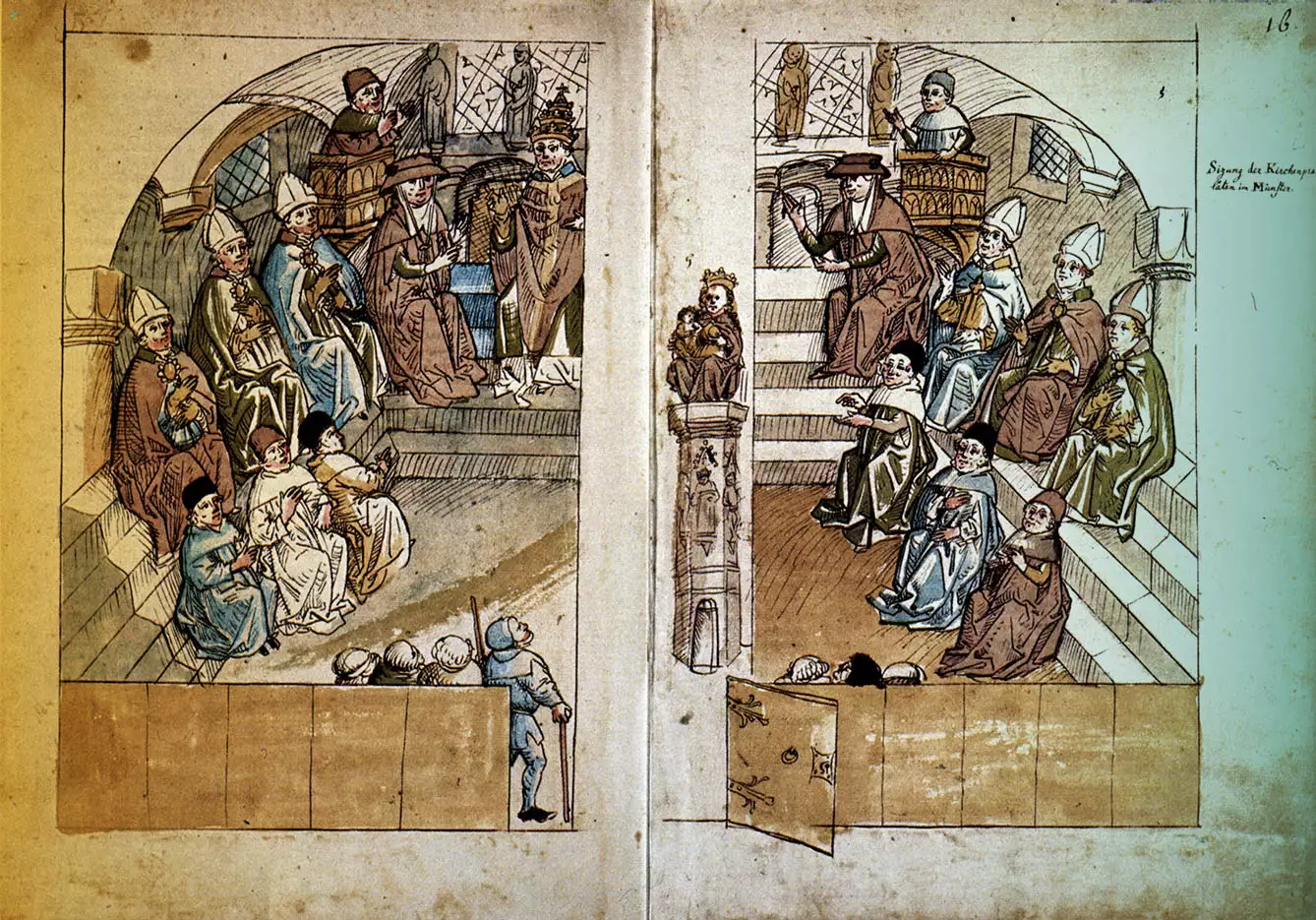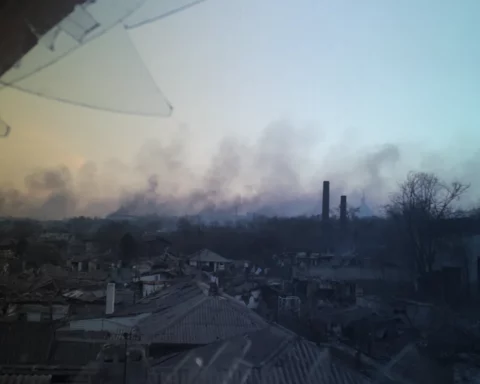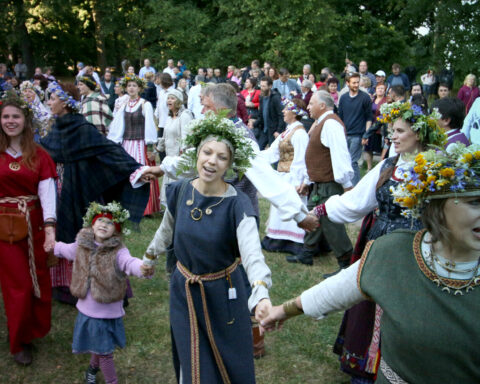When is war justified in Christian terms, and are we really “all to blame” for mass killings during warfare? These philosophical and ethical questions have been posed for centuries. However, medieval Polish philosophers and diplomats were the first to actually expound on a reasoned response to these issues in the Western world. It came as part of a diplomatic effort to demonstrate who was good and who was bad in a century-old battle against the Teutonic Knights and their state.
Can war be just just?
From the early 13th century, the northern neighbor of the Kingdom of Poland was the State of the Teutonic Order. The order, the German equivalent of the French Templar Knights, operated in this location based on the analogy that the conquering of Pagan Slavic and Baltic tribes was an extension of fighting the Muslims in the Holy Land.
There was a lot to conquer (like Lithuania, the last Pagan country in Europe). Over the following decades, the State of the Teutonic Order grew exponentially – from just two provinces into an entire country encompassing, in today’s terms, roughly a quarter of Poland, the Russian exclave of Kaliningrad, and the Baltic countries. In the 15th century, despite not being a nation-state, it was among the main powers in the region.
The German equivalent of the French Templar Knights based on assumption that the conquering of Pagan Slavic and Baltic tribes was an extension of fighting the Muslims in the Holy Land
It also went from being a guest and military supporter of the Kingdom of Poland to rival and enemy. For example, when Poland’s King Władysław Łokietek asked the Teutonic Order for help in defending Pomerania (which included the vital port of Gdańsk) from Brandenburg, they defended it. Then they incorporated it into their own country.
Sometimes the rivalry finished on the battlefield (including the Battle of Grunwald, one of the most significant medieval battles), but sometimes, the end resulted from diplomacy. Sides were forced to face the Pope’s emissaries to defend their movements.
Legal battle in the kinetic war
Legal support for these diplomatic maneuvers came from the Kraków Academy (now Jagiellonian University), one of the oldest universities in Central Europe. Two of its professors, Paweł Włodkowic and Stanisław ze Skalbmierza, were pioneers in Europe in developing the idea of just and public warfare.
Stanisław was mainly considered a preacher, and his 1410 sermon “On just wars” (from the same year as the Battle of Grunwald) is regarded as the first account of the idea. The professor emphasized that war is justified only when it’s waged to reclaim taken territory or when defending one’s land.
He also stressed the idea of humanitarian warfare. This was a tricky topic, as the Teutonic Order’s wars were considered crusades – the conquering of pagan lands by the Christian order. So the argument required condemnation of greed and injustice, avoiding the Christianization part. As such, he highlighted the idea of human rights not connected with faith or belonging to a particular community.
Paweł Włodkowic, a skilled lawyer and country official, posited a similar argument. He cited religious reasons involving the innate dignity of man bestowed by God. He also applied the same logic to decry conquering and stealing lands from pagans as it was contrary to the commandments: “Thou shalt not kill” and “Thou shalt not steal.”
As obvious as it sounds in today’s terms, it was revolutionary when presented at the Council of Constance (1414-1418). It also marked the beginning of the so-called Polish School of International Law and was the first complete definition of the concept that each war has a “right” side – and that being on the “right” side is the only justification to be at war at all.







